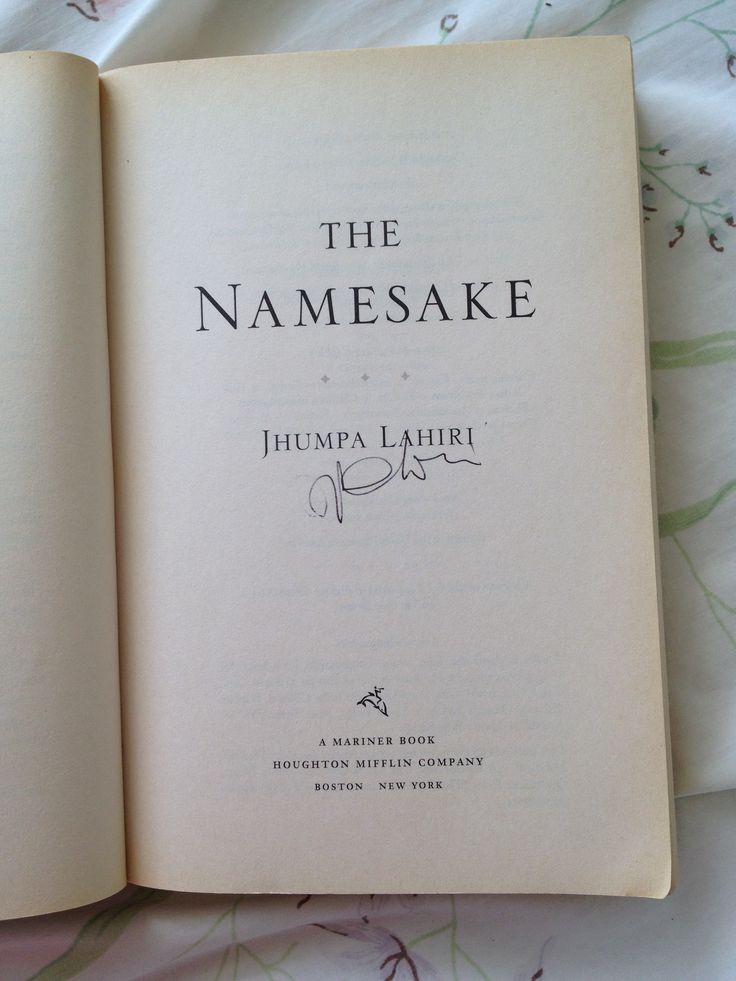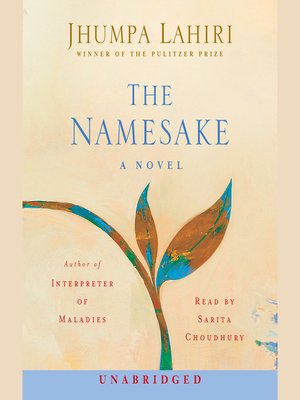
She does her best to instill her values and culture on her children, but in the end they are more American than she or her husband would have liked. The Mother was perhaps typical of women of that time from India, in an arranged marriage with little or no control over their lives. The portrayal of the Mother and Father,as torn between 2 cultures, their native India and adopted country the US was somewhat unsympathetic. It offers a thought provoking look at the dilemma of immigrants to the US raising children born and educated here. I enjoyed the read, it was a nice story, though somewhat predictable. I had not heard of it before, but saw it was recommended by a few groups. I purchased this to read for my book club. With empathy and penetrating insight, Lahiri explores the expectations bestowed on us by our parents and the means by which we come to define who we are. And we watch as Gogol stumbles along the first-generation path, strewn with conflicting loyalties, comic detours, and wrenching love affairs. When their son, Gogol, is born, the task of naming him betrays their hope of respecting old ways in a new world. On the heels of an arranged wedding, Ashoke and Ashima Ganguli settle in Cambridge, Massachusetts, where Ashoke does his best to adapt while his wife pines for home.

The Namesake takes the Ganguli family from their tradition-bound life in Calcutta through their fraught transformation into Americans.


The Namesake is a finely wrought, deeply moving family drama that illuminates this acclaimed author's signature themes: the immigrant experience, the clash of cultures, the tangled ties between generations. Fans who flocked to her stories will be captivated by her best-selling first novel, now in paperback for the first time. Jhumpa Lahiri's debut story collection, Interpreter of Maladies, took the literary world by storm when it won the Pulitzer Prize in 2000.


 0 kommentar(er)
0 kommentar(er)
